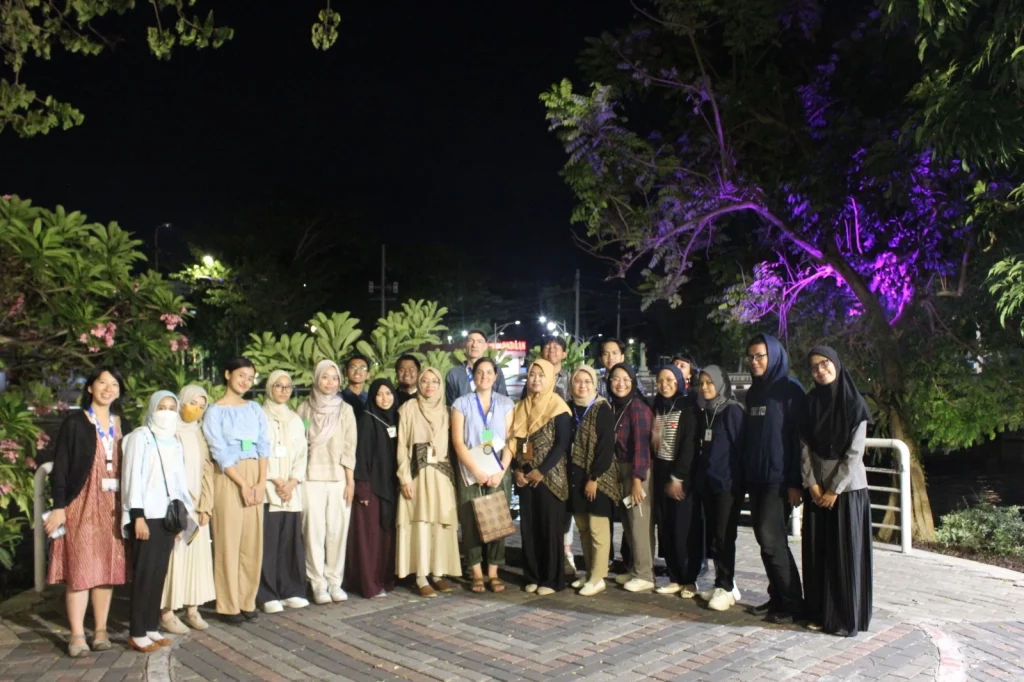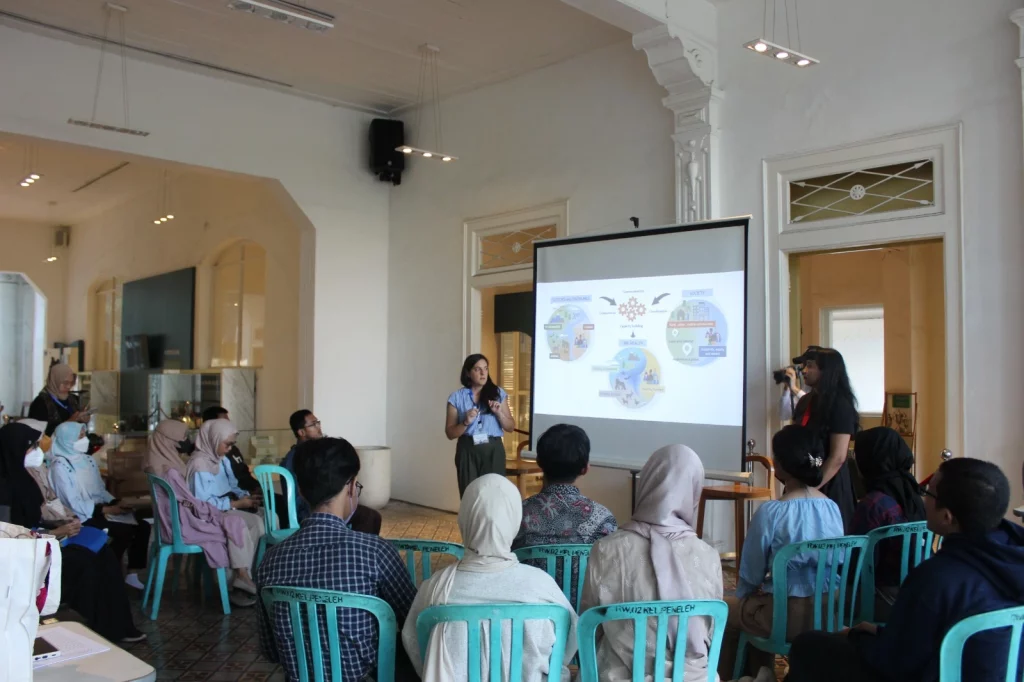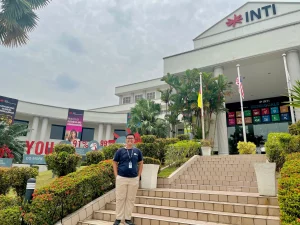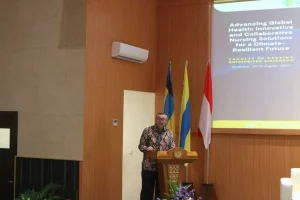UNAIR NEWS – Climate change has led to a significant rise in zoonotic diseases transmitted by mosquitoes, poultry, and bats. Mosquitoes transmit dengue fever, poultry carry avian flu, and bats are reservoirs for various pathogenic viruses. Increased humidity and temperature are changing migration patterns and animal behaviors. Human activities, such as deforestation and territorial expansion, are erasing the boundaries between these animals and humans.
Dr. Deborah Nadal observed that in recent years, climate change has influenced the behavior and spread of infections among wild animals. The epidemiological scenarios of infection transmission have expanded from local to global scales, including avian flu in seals and the Covid-19 pandemic.
Addressing the issue from the perspectives of wildlife medicine, biodiversity conservation, and human health can tackle the complexity of the problem. Intensive interdisciplinary discussions reveal various pros and cons. “Both short-term and long-term solutions are required to prevent and mitigate the impact of diseases transmitted by these three types of animals,” stated the academic from Ca’ Foscari University of Venice, Italy.

There is a need for increased awareness about the importance of preventing zoonotic diseases. Cross-sector collaboration, prioritizing the approach of “less me, more we,” is crucial for addressing zoonosis from prevention to treatment. Everyone must spread information to the broader community to prevent the spread of diseases in their surroundings.
“The solutions implemented in the future should not harm any party, whether humans, animals, or nature. Essentially, all are interdependent for survival,” added Dr Nadal.
The international workshop, titled One Health Imaginative Workshop for The Identification of Functional Values to Face Climate Change-Driven Animal Migration, was held at the Education Museum in Surabaya on Tuesday, July 30, 2024. It was attended by 25 participants from various organizations and universities in Indonesia and abroad.
The workshop focused on three scenarios of zoonotic disease transmission. The event was a collaboration between Dr. Deborah Nadal from Ca’ Foscari University of Venice, Italy, the International Convention of Asia Scholars (ICAS), and the Airlangga Disease Prevention and Research Center – One Health Collaborating Center (ADPRC-OHCC) at Universitas Airlangga (UNAIR).
Author: Azhar Burhanuddin
Editor: Khefti Al Mawalia









